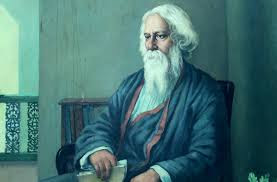General English
Pages
CHARACTER SKETCH OF MALINI | GRADE 11 | MAGIC OF WORDS | QUESTIONS ANSWER
الاشتراك في:
تعليقات الرسالة (Atom)


ليست هناك تعليقات:
إرسال تعليق
Please do not enter any spam link in the comment box.